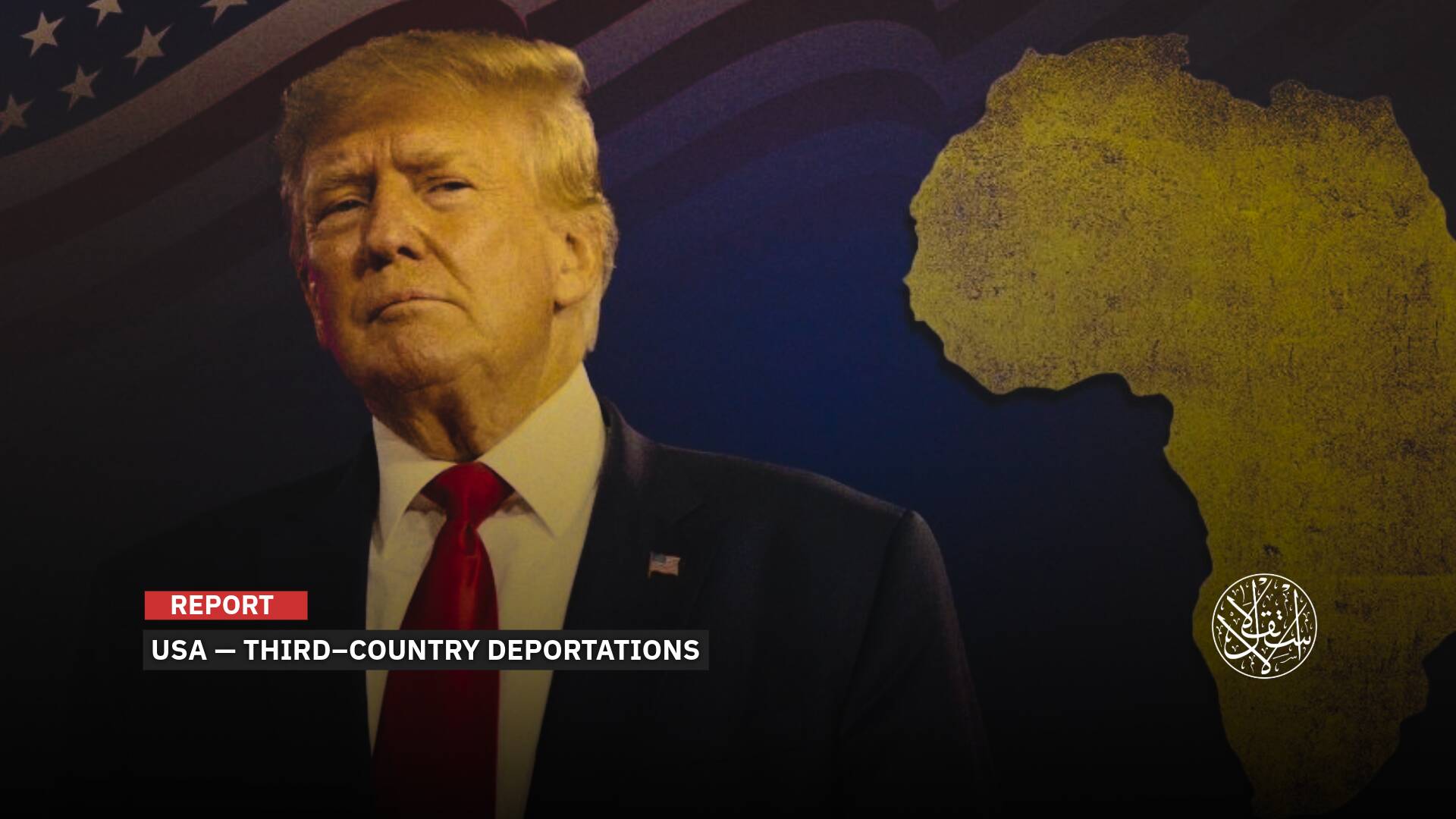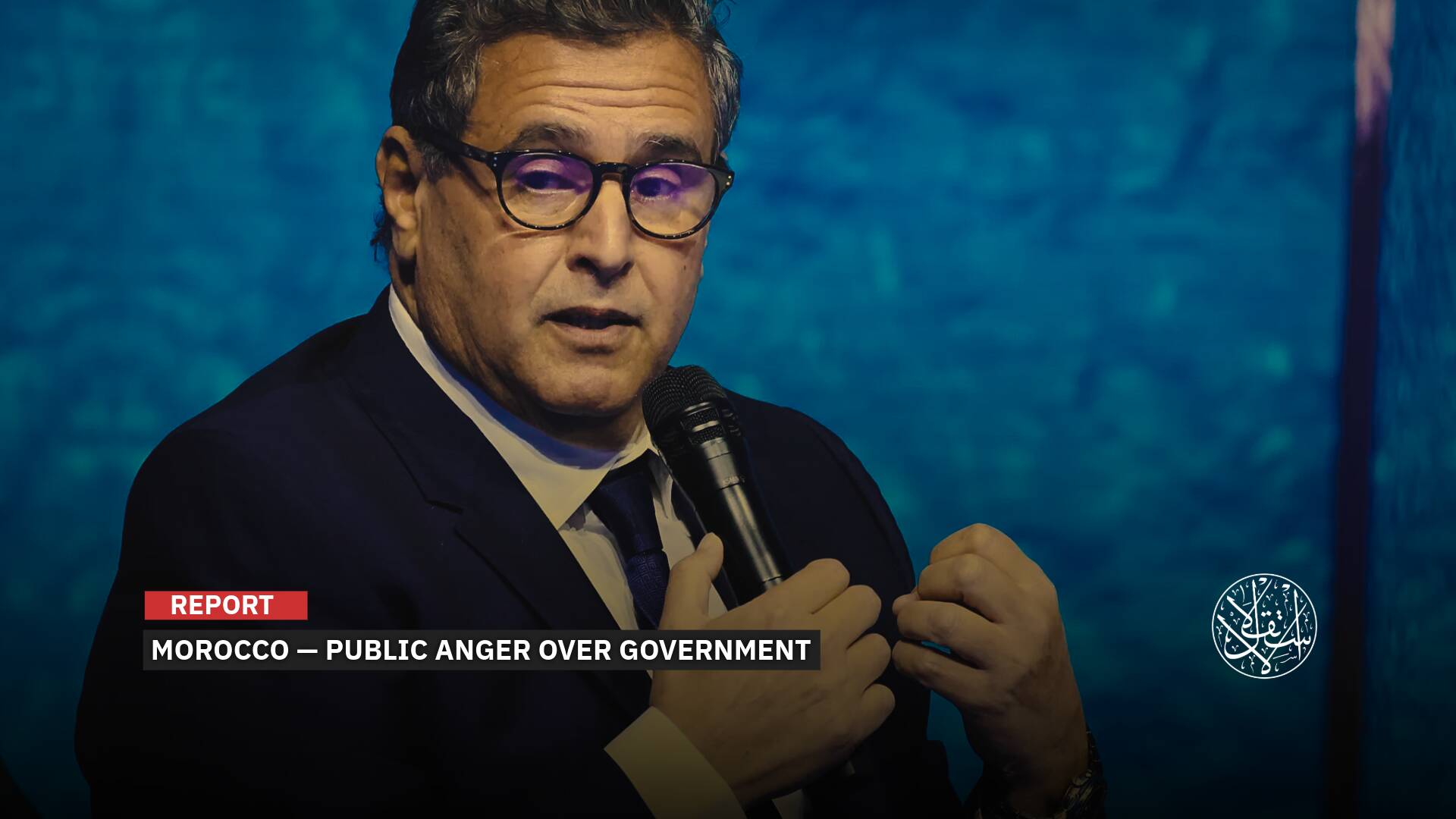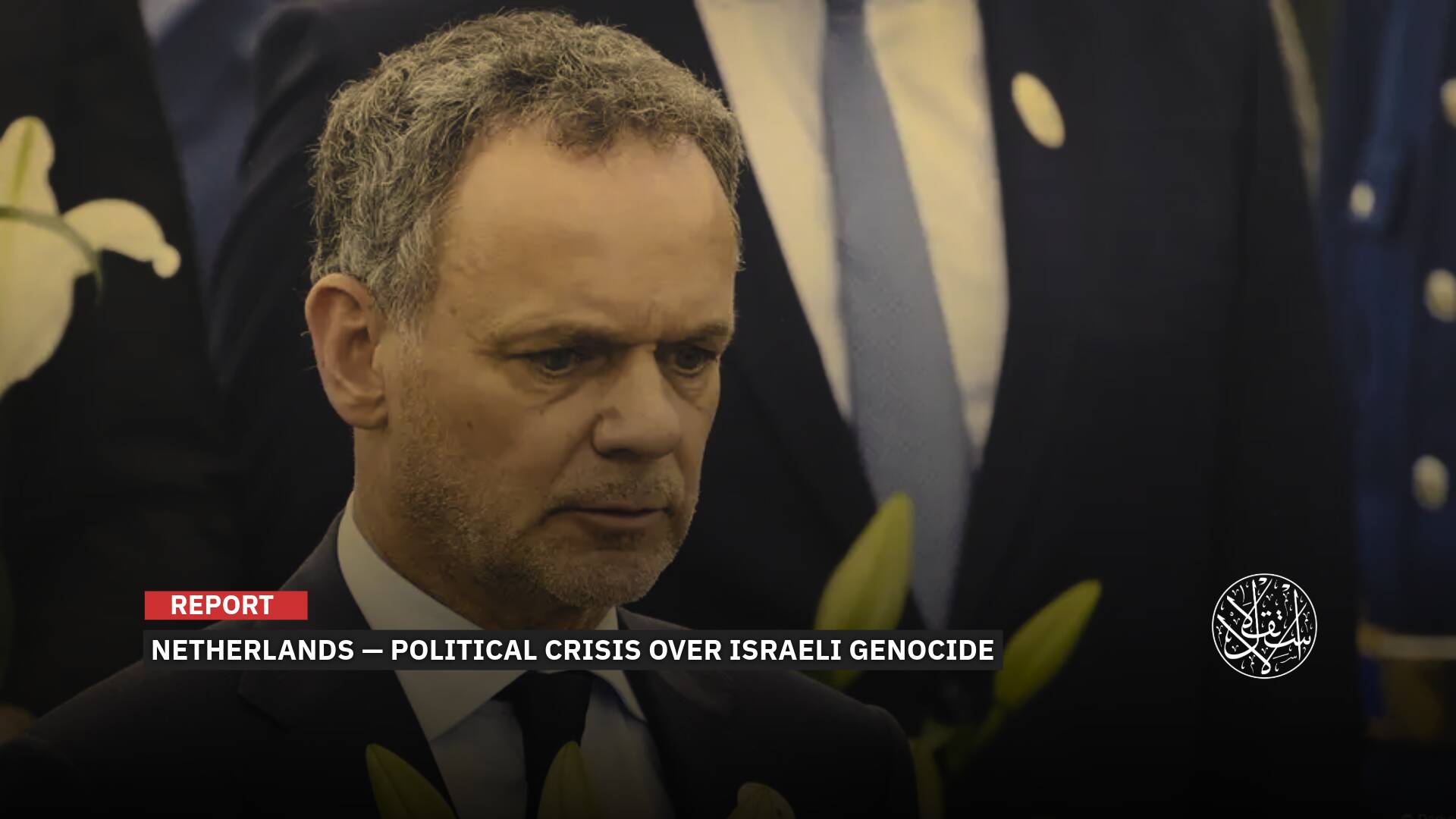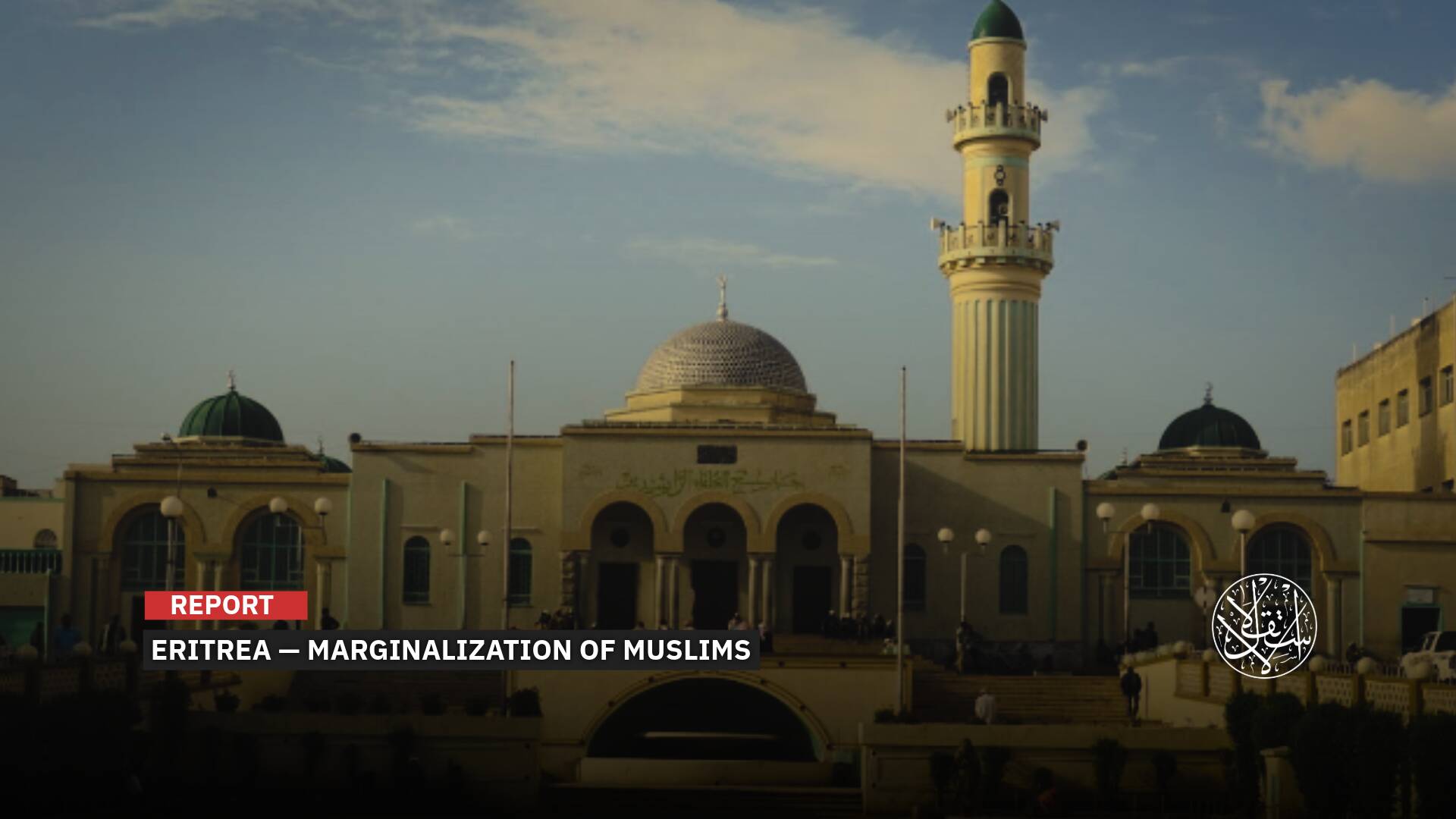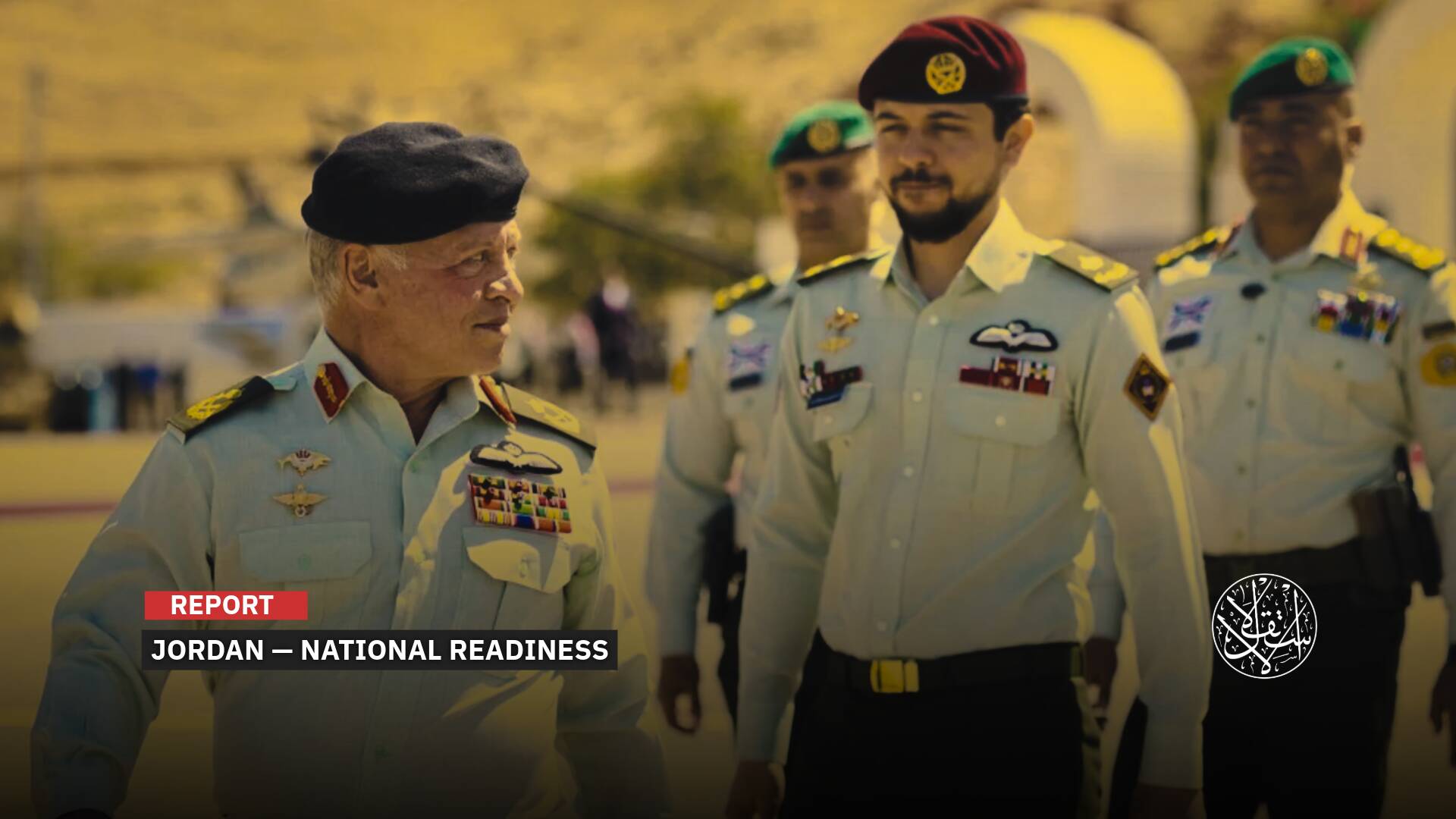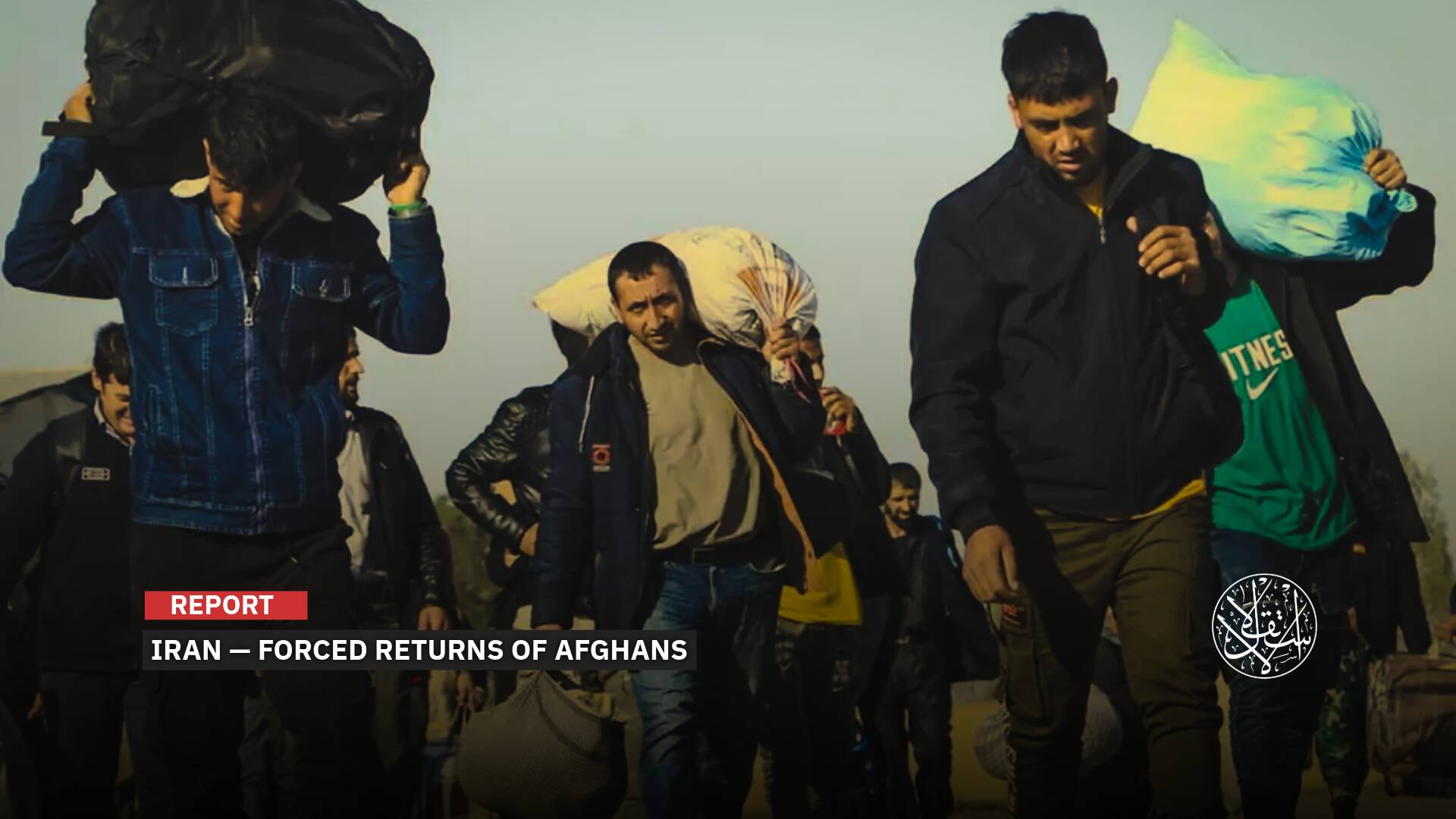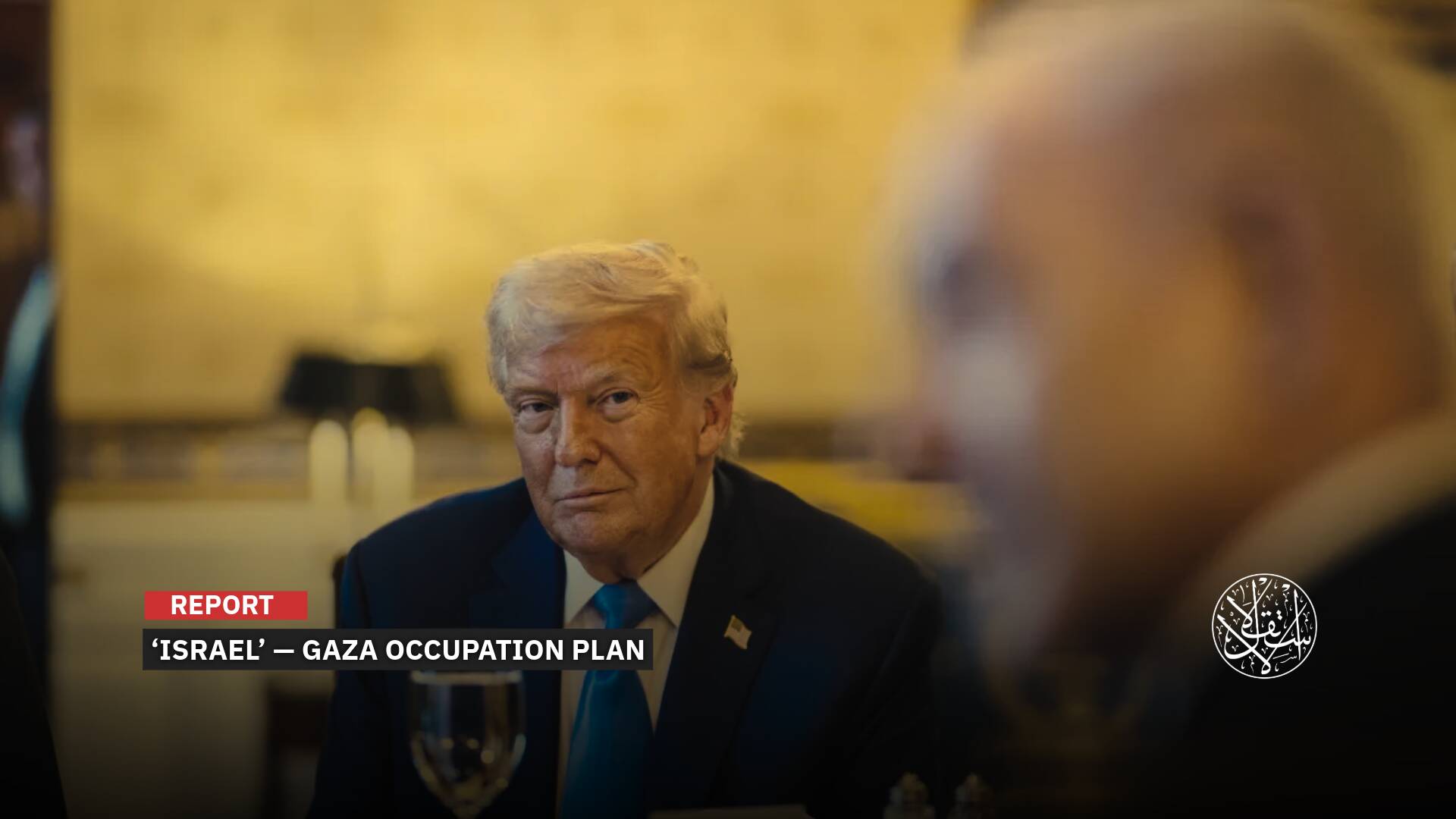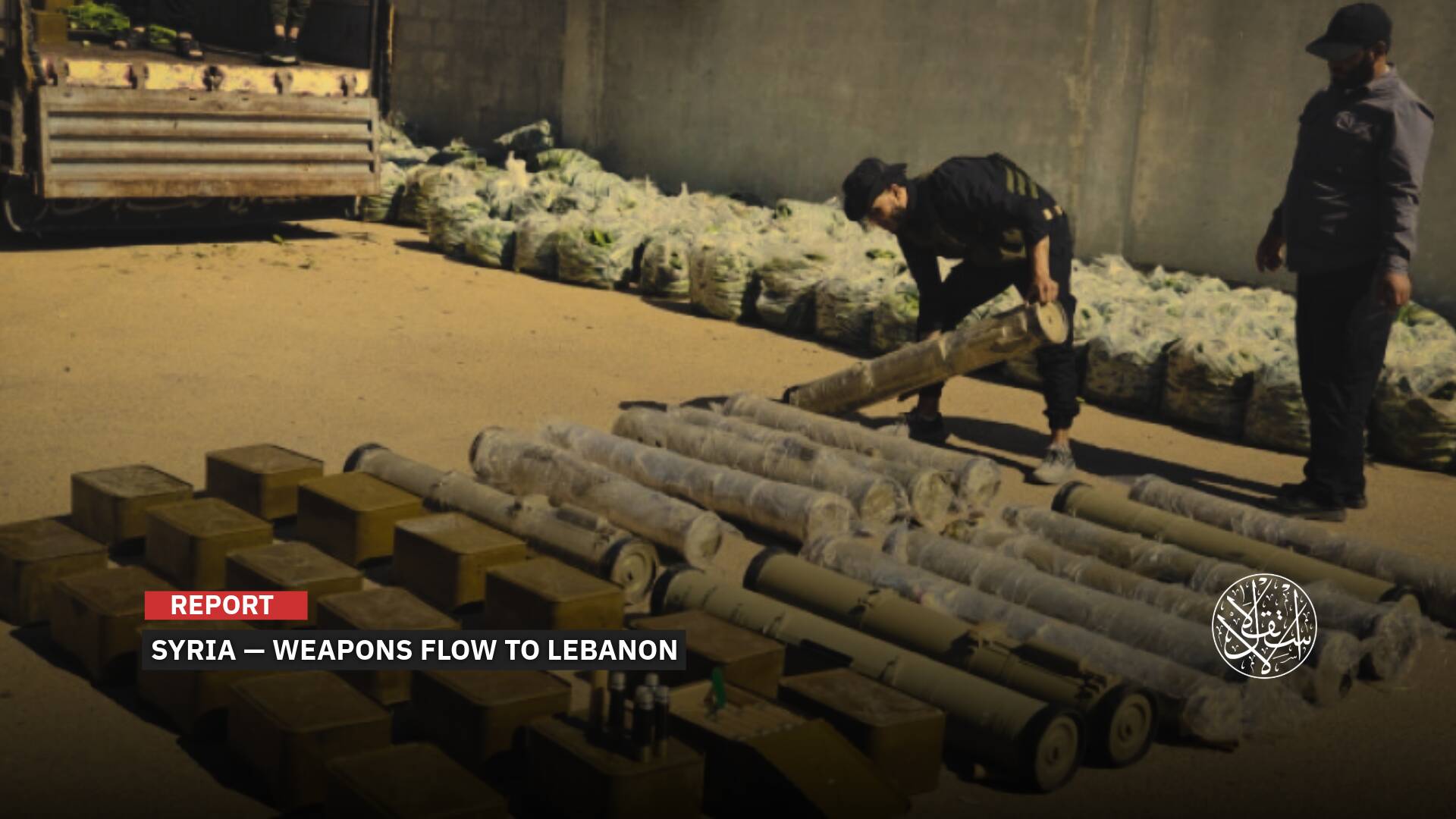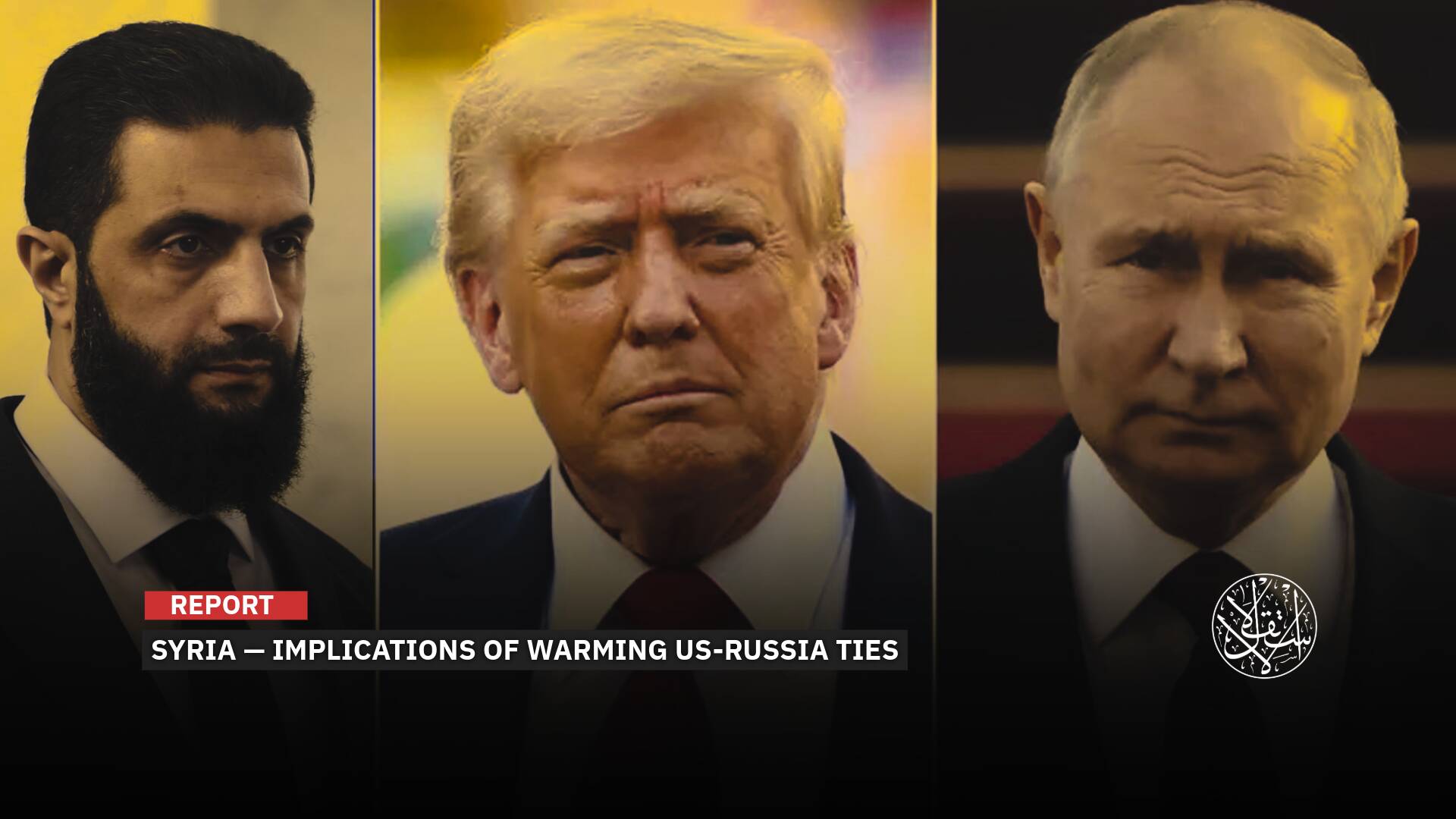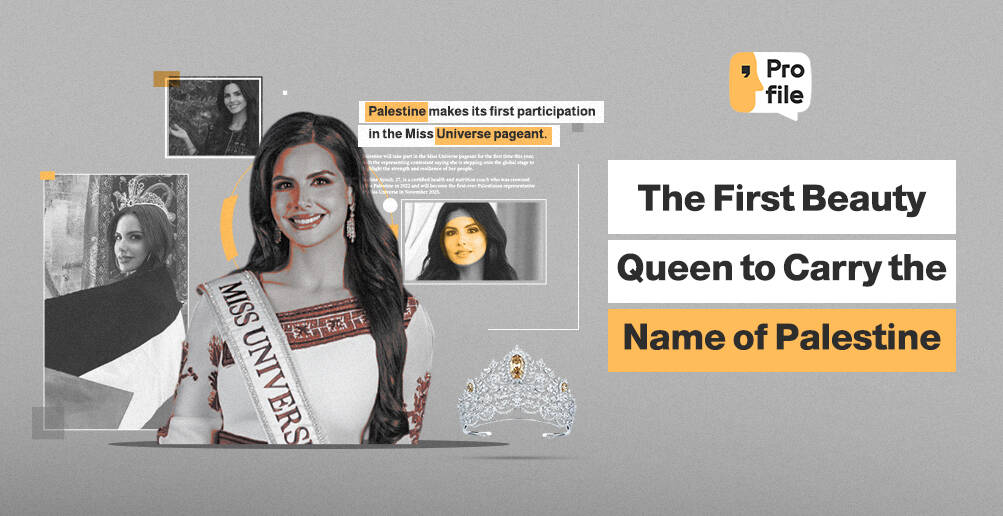Repercussions of the End of Algeria's Energy Supplies to Spain Through Morocco's Gas Pipeline

After severing its diplomatic relationship with Morocco, Algeria decided Starting from today to stop supplying energy to Spain through the Maghreb-European gas pipeline that crosses Moroccan territory.
The Algerian presidency announced, yesterday, that President Abdelmadjid Tebboune ordered the “Sonatrach” company not to renew the contract for the gas pipeline that crosses Morocco to supply Spain with energy.
The Algerian presidency said that Tebboune received a report on the contract between Sonatrach and the National Office of Water and Electricity in Morocco, which was signed on July 31, 2011, and ended yesterday October 31 at midnight.
The same source added that the Algerian president, after consulting the Prime Minister, the Minister of Finance, the Minister of Foreign Affairs and the Minister of Energy and Mines in his country, "ordered not to renew the contract."
Questions raised about the possible repercussions of the current Algerian decision on the Moroccan and Spanish economies.
Algeria–Morocco Strain Relations
Last September, Algeria decided to close its airspace to Moroccan civil and military aviation. The decision came after a meeting of the "Supreme Security Council" headed by Abdelmadjid Tebboune.
The meeting was held, according to a statement by the presidency, "to study developments on the borders with the Kingdom of Morocco", in view of what he called "the continuation of provocations and hostile practices from the Moroccan side."
In fact, Algeria had decided to sever its relations with the Kingdom since August when the Algerian Foreign Minister Ramtane Lamamra at the time accused Morocco of "never stopped carrying out unfriendly, hostile and despicable acts against our country."
Algeria accused Morocco of supporting two organizations it has designated as terrorists: the separatist "MAK of the Kabylie Self-Determination Movement," headquartered in Paris, and the Islamist movement "Rashad," headquartered in London. The Algerian authorities accuse MAK of being responsible for the huge fires that killed 90 people in Algeria’s northeastern Kabylie region.
However, the Moroccan King Mohammed VI had previously called on Algerian President Abdelmadjid Tebboune, in a speech at the end of July, to “give precedence to the logic of wisdom” and to “work together, at the earliest time he deems appropriate, to develop the fraternal relations that our peoples built through years of common struggle.” He also renewed the call to open the closed borders between the two countries since 1994.
After severing diplomatic relations with Morocco, Algeria today stops gas supplies to Spain through the line that passes through Morocco.
10% of Morocco's Electricity
According to Reuters: “The natural gas exports from Algeria to Morocco are 1 billion cubic meters (bcm), used to produce around 10% of the kingdom's electricity.”
In an interview with Al-Estiklal Aboulaarab Abdenabi pointed out that “Morocco will quickly find an alternative source of energy, but Algeria will lose a close customer. Algeria was benefiting from the Gas revenues without logistical costs and without transportation costs.”
A joint communiqué of the National Office of Hydrocarbons and Minerals and the National Office of Electricity and Drinking Water stated, yesterday that the decision announced by the Algerian authorities not to renew the Maghreb-European gas pipeline agreement will, at present, have little impact on the performance of the national electricity system.
The same source added that "given the nature of Morocco's neighborhood, and in anticipation of this decision, the necessary arrangements have been taken to ensure the continuity of the country's supply of electricity, and other options for sustainable alternatives are currently being studied, in the medium and long term."
Morocco’s Green Energy Alternatives
The Washington-Based Middle East Policy Council confirmed that Morocco, over the past ten years, was a pioneer in the field of renewable energies, leading the countries in the Middle East and North Africa.
The research center stated that the Kingdom ranks first in the Middle East and North Africa region on the "Green Future" index issued by the MIT Technology Review platform, which ranks 76 countries and territories according to the progress and engagement recorded on the path. A green future by reducing carbon emissions, developing clean energy, and innovating in green sectors.
In this context, the American Research Center published on its website an interview with the Director General of the Moroccan Agency for Energy Efficiency, Said Moulin, in which he reviews the strategy and the various projects launched by the Kingdom to promote clean energies.
Mr. Moulin said, “Today, we are not only implementing projects related to renewable energies, but we have a global strategy with goals to be achieved. For example, in 2009, we set a target of 42 percent of renewable energy capacity in 2020. Today, the target is to reach 52 percent of renewable energy capacity by 2030.”
The Director-General of the Agency considered that “it is possible to achieve the very ambitious goal of reaching 100 percent, considering that this has become economically feasible,” adding that if this goal was limited in the past due to the instability of renewable energies, the matter is now different.
“If we look at the map of Morocco in terms of wind and solar energy projects, there is huge potential,” noted Mr. Moulin. “Previously, we were 95 percent dependent on imports of fossil fuels, but now this is no longer the case thanks to renewable energy projects that have brought about a fundamental economic change and present a convenient opportunity.”
Alternative Gas Pipeline Projects
According to Dr. Aboulaarab: “In addition to Morocco’s focus on sustainable energy projects, Morocco seeks to diversify the Coal sources of energy. As response to Algeria’s end of the gas agreement, Morocco is enhancing its efforts to gain more partnerships and to develop more project to fulfill the energy needs.”
A report by the Ministry of Economy and Finance, attached to the Finance Bill 2022, stated that a company affiliated to the National Office of Hydrocarbons and Minerals is currently being created that will manage and develop national gas infrastructures in general, especially the Morocco-Europe gas pipeline.
The expected company will also accompany the gas pipeline project between Morocco and Nigeria, which is considered the largest infrastructure project on the African continent, which will cost billions of dollars over the coming years.
Moreover, data from the Ministry of Economy and Finance stated that the partners of the National Office of Hydrocarbons and Minerals invested a total of 398 million dirhams last year in oil exploration activities, and the office contributed to the investment efforts by about 108 million dirhams.
Spain Energy Crisis
Reuters explained the stopping energy supplies to Spain through Morocco will exacerbate the energy crisis in Spain. It stated: “The 13.5 billion cubic-meter (bcm) Maghreb-Europe pipeline links Algeria to Spain. Algeria will keep supplying Spain using the Medgaz undersea pipeline with an annual capacity of 8 bcm, which does not go through Morocco. Analysts say technical issues relating to Algeria's plans to expand the capacity of the Medgaz pipeline could escalate the energy crisis in Spain at a time of soaring gas bills across Europe.”
The newspaper added: “A senior Algerian government official told Reuters that in the event of any disruptions, the North African country will use ships to transport liquefied natural gas (LNG) to Spain. Analysts say that would mean Sonatrach having to charter more vessels, fueling further LNG price rises due to shipping rates having more than doubled from earlier this month. LNG prices have soared in recent months due to structural shortages in Europe and expectations of a cold winter and high demand.”
Sources
- Algeria to end gas supplies to Morocco; supply Spain directly -sources
- Energy crisis could threaten global economic recovery, says IEA
- ‘MOROCCO–NIGERIA GAS PIPELINE PROJECT’ A BIG STEP FOR MOROCCO TO CONSOLIDATE ITS RELATIONS WITH AFRICAN COUNTRIES
- Renewable Energies: Morocco takes a leadership position (Middle East Policy Council) [Arabic]
- Morocco thwarts Algeria's attempt to influence the electric power system in the Kingdom [Arabic]







